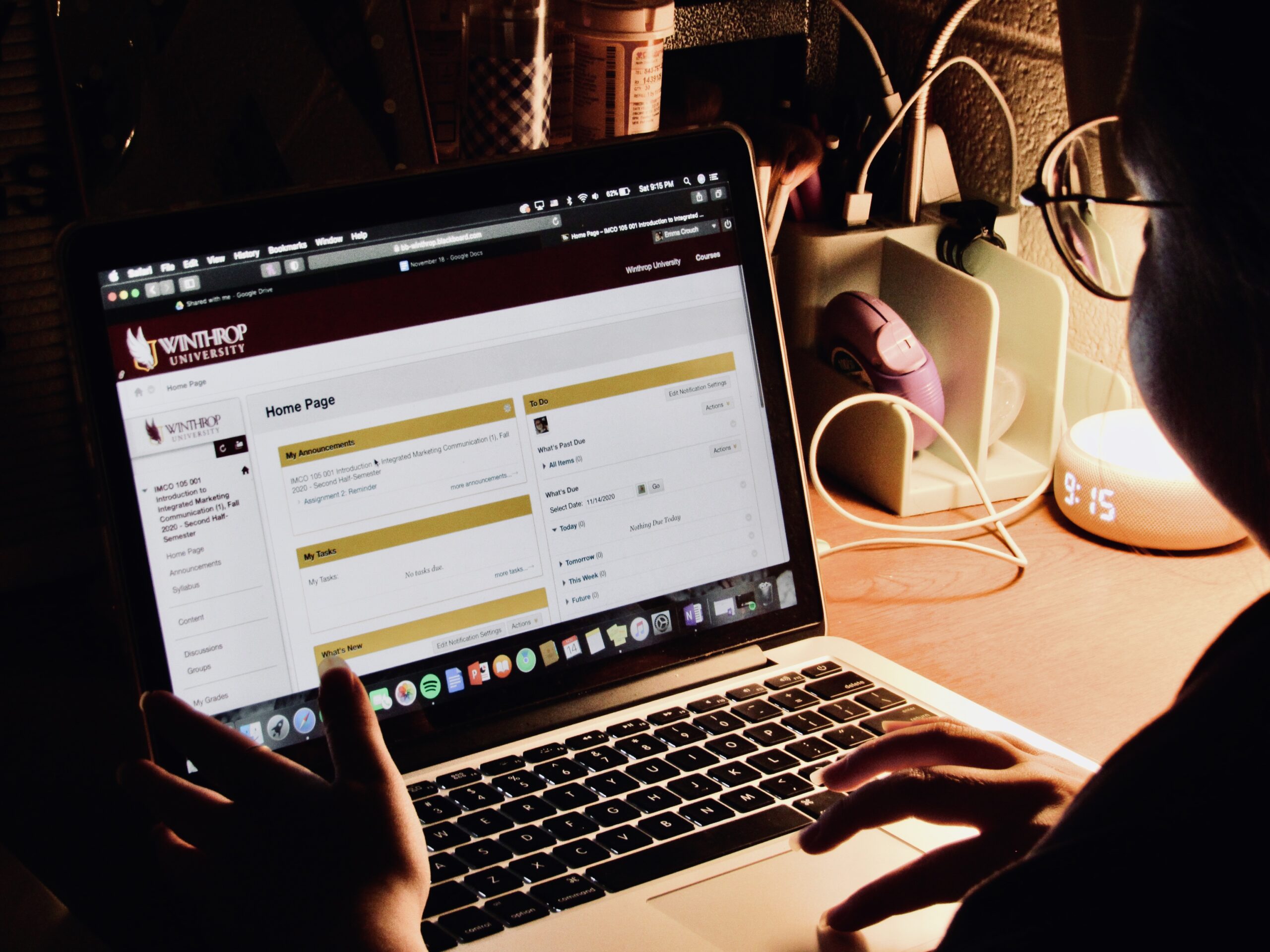Due to the COVID-19 pandemic, many students have been given the choice to either learn remotely or in person.
At the beginning of quarantine, parents of young students realized how much teachers go through during the school day. Many families were unable to help their children with their work, as Common Core standards have drastically changed the curriculum over the past few years. Other families were struggling to find quiet or relaxation time, as they suddenly had to make childcare arrangements during a time when it normally was provided.
As the pandemic rages on, school districts have fought with parents on whether or not to reopen schools fully. The students who are learning in person are experiencing a school culture that is dramatically different from even this time last year. Children are required to socially distance, wear masks, and frequently clean their workspaces.
While this allows students to interact socially with their peers, it is also putting their families at risk. If a student who has been exposed to COVID-19 comes to class, then the households of every other student in that room have come into contact with the virus. Many parents argue that this is a risk they cannot take, hence online learning.
However, many parents who were advocating for homeschooling children before the pandemic are defecting to the other side. Some families are claiming that it is too much mentally to homeschool students while under quarantine. Others are furious that they are doing the work of the teacher but not getting paid. Multiple school districts — including Fort Mill’s — have spoken out about how distance learning does not equate to leading a classroom, and therefore parents should not expect a salary.
School districts are also reminding parents that homeschooling is not the same as distance learning and that it was a conscious decision. Distance learning is when a student is enrolled in the public school system yet is attending classes via the internet to promote social distancing. Homeschooling is creating a school environment independently in the home, often with parents writing the curriculum without school interference.
Lindsay Powers, the author of several childcare books, is insisting that the school systems pay her the same amount as her daughter’s teachers.
“We are asking parents to uproot their daily lives to educate their children,” Powers wrote in a social media post this past August.
Many parents are arguing the opposing side, claiming that helping a child with schoolwork is a part of parenting. The parents who insist that helping with schoolwork is a rite of passage for parents also insist that teachers should be paid more.
Shonda Rhimes, a film producer and mother, has jokingly advocated for teachers’ wages to increase after seeing what they go through.
“Been homeschooling a 6-year old and 8-year old for one hour and 11 minutes. Teachers deserve to make a billion dollars a year. Or a week,” Rhimes posted on Twitter in March.
Whether or not parents believe that distance learning is more beneficial than in–person education, it is an extremely personal decision to make. There is no right or wrong answer — only what is right or wrong for each family’s circumstances.
Photo by Emma Crouch




